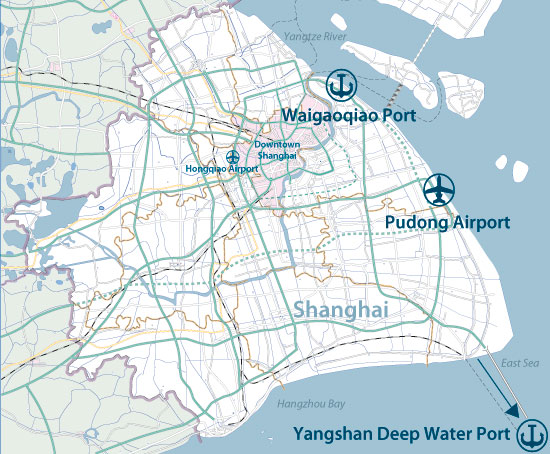For weeks now, there has been excitement over China’s new experimental free trade zone in Shanghai. On September 29th a 28-square-kilometer Free Trade Zone was opened in China’s largest city.
 “The State Council said foreign and private companies would soon be allowed to invest freely in banks, shipping ventures, travel agencies and health and medical insurers that are set up in the experimental zone” – New York Times.
“The State Council said foreign and private companies would soon be allowed to invest freely in banks, shipping ventures, travel agencies and health and medical insurers that are set up in the experimental zone” – New York Times.
In the past there have been the case of Shenzhen, a designated special economic zone that was a major success, which lead to the opening of China’s economy. The new free trade zone represents China’s move to further internationalize its economy and currency. The government continues to try to create policies that will perpetuate its fast growing economy. In the future Shanghai could surpass Hong Kong as biggest business city in china. For international economies this means there will be a lot more opportunities for foreign investment in China.
If Shanghai is a success, it could lead to the implementation of similar policies in other parts of China. In the long run, it could mean easier flow of money in and out of China, showing that China is really “open for business.”
 When Apple released it the iPhone 5C in September, many expected it to be a low cost alternative that Apple could use to break into emerging markets. However, the retail price of the 5c is $549 (off contract) only $100 dollars cheaper than the 5s (US prices). The phone is by no means “cheap” either, as the build quality is up to Apple standards in every way, the only difference being the internals and choice of materials.
When Apple released it the iPhone 5C in September, many expected it to be a low cost alternative that Apple could use to break into emerging markets. However, the retail price of the 5c is $549 (off contract) only $100 dollars cheaper than the 5s (US prices). The phone is by no means “cheap” either, as the build quality is up to Apple standards in every way, the only difference being the internals and choice of materials.

Recent Comments